

Being caught between two different cultures, it can be very difficult for Nigerians to find their way in German society. For women the challenge can be even greater. While German society is considerably more emancipated and offering new opportunities, West African culture is typically more patriarchal and dominated by men.
On the other hand, Nigerian women are known for their strong character, determined to achieve some level of independence. Many of them are single mothers, but they usually learned at a young age how to combine family responsibilities with ambition. These are tremendously valuable assets that can be built on.
program objectives
The program wants to enable young Nigerian women to run a small business in Germany. To build a future and achieve financial independence in a country that in so many ways is different from their original homeland. That starts with understanding change, and the new set of values and expectations that come with it. It also starts with finding a renewed sense of confidence and self-esteem.
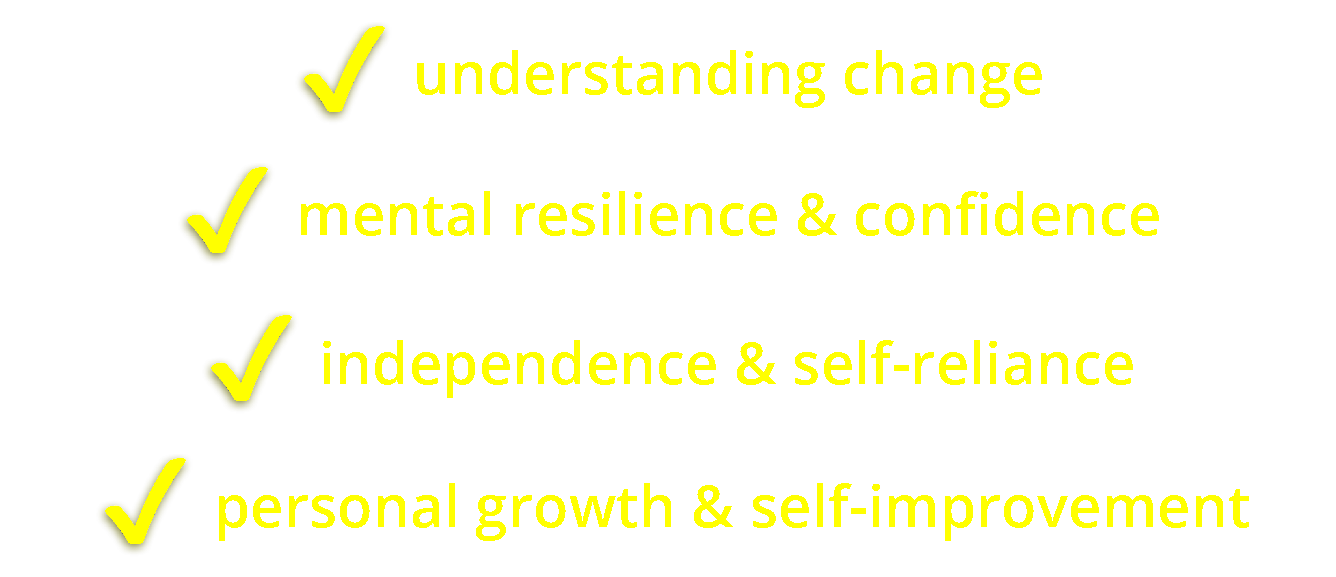

some further reflections
Business culture in Germany is radically different from the one in Nigeria. Above all it is significantly more formalized and rational as opposed to informal and intuitive. Also, West African formal work settings are considerably more hybrid as they allow for other personal and social dynamics to blend in.
In general Nigerian working environments are more people-oriented and empathic in order to compensate for the harsh and sometimes unforgiving reality of daily life. When having arrived in Germany new balances must be explored and found. That’s a journey in itself.
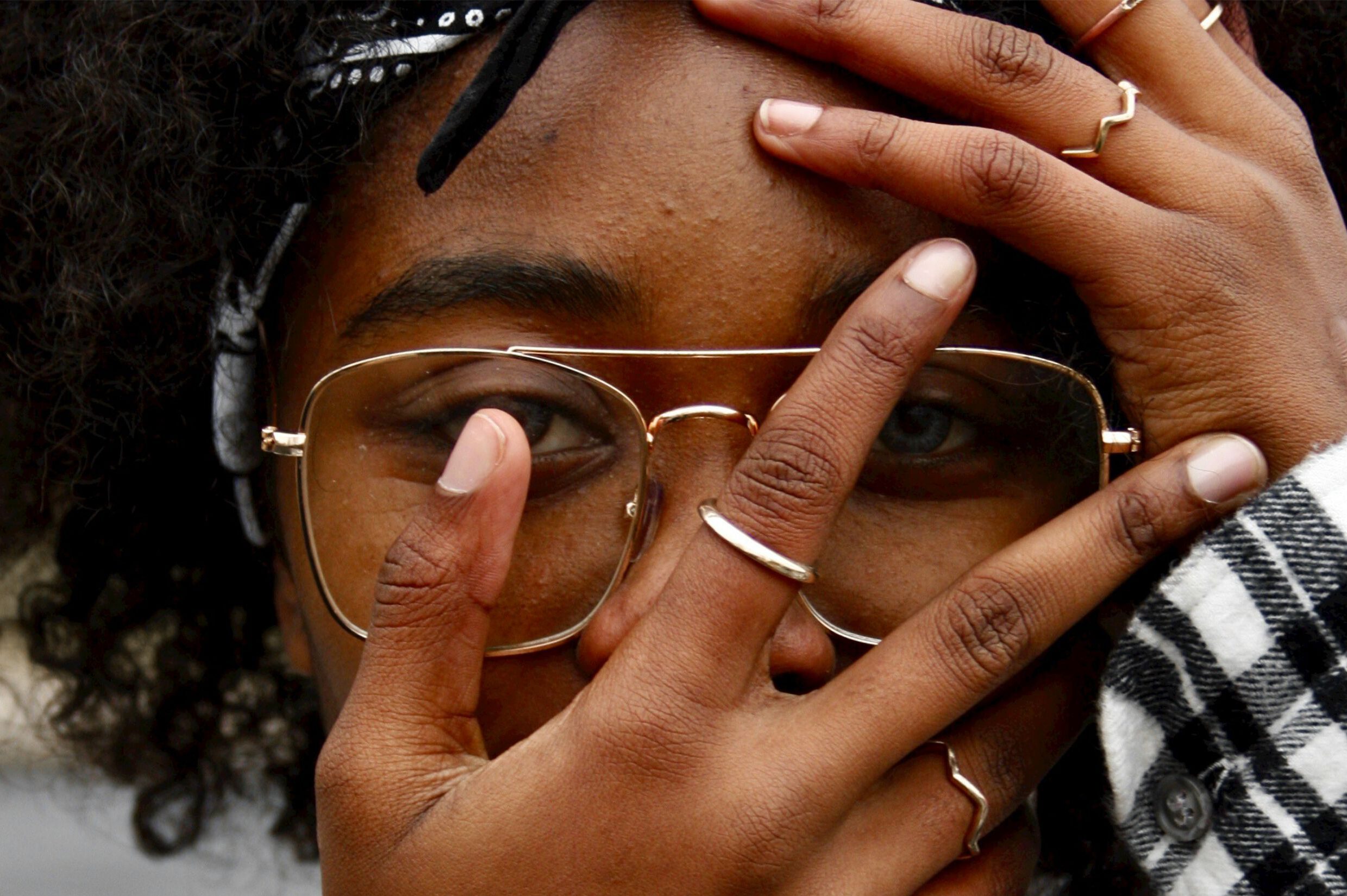
A different world
As Western business culture typically is very formal and rigid, not leaving any room for the unexpected, the Nigerian way is often considerably more fluid in how time is perceived and daily responsibilities are performed. Also, collaboration in an Nigerian working environment relies on a higher degree on mutual tolerance, leniency and spontaneity instead of discipline and predictability.
While these differences can be conflicting, the challenge sometimes is to get the best of both worlds. Cultural diversity can be turned into an asset. To capitalize on it can be very rewarding, for both sides.
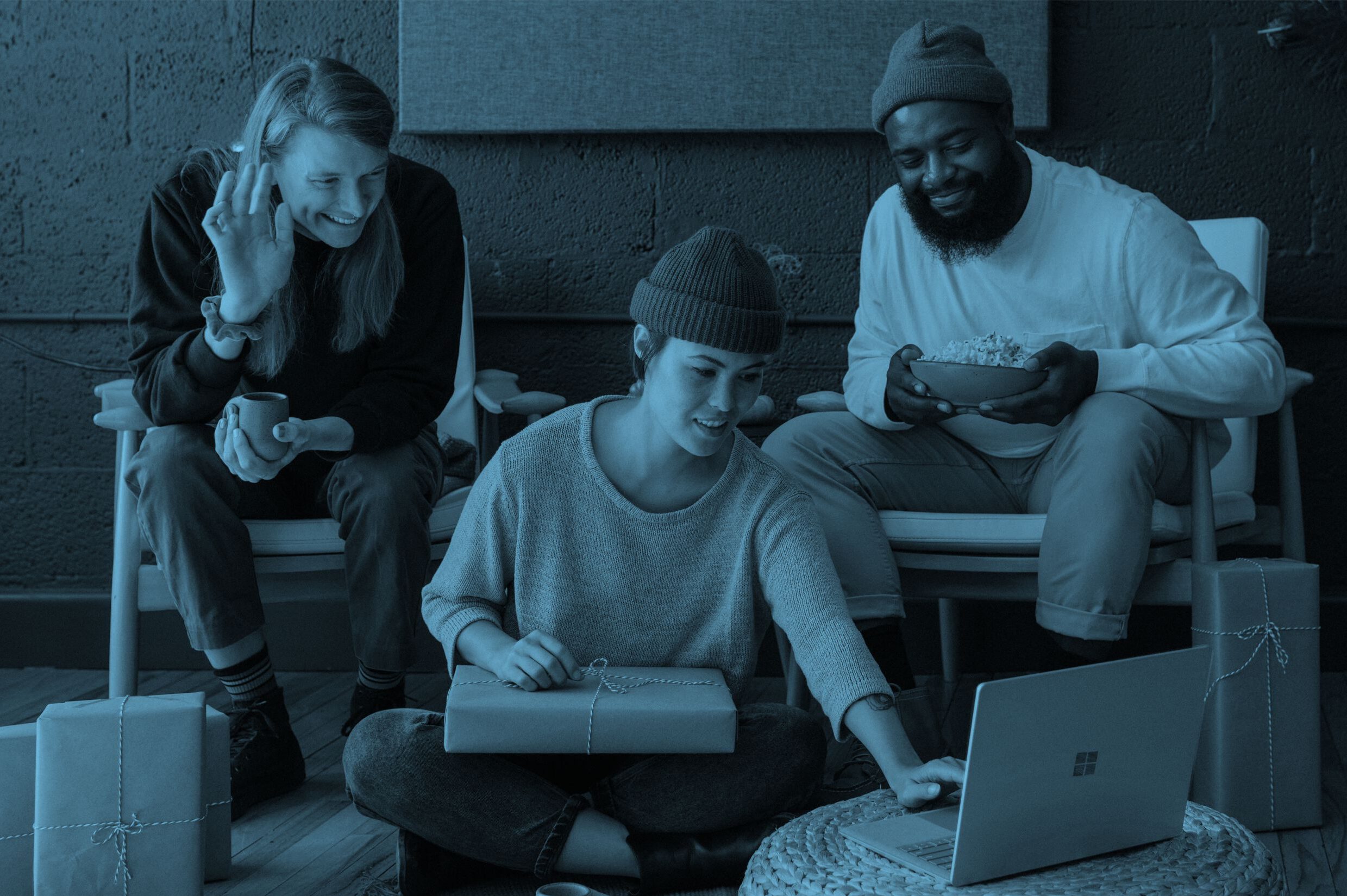
Family & friends
Nigerians are sociable people and strongly family oriented. They are also used living in a social environment that is mutually supportive and where a helping hand is never too far away. When coming to Germany they often leave their families behind. They usually feel responsible for the ones who stay behind, and vice versa it is also expected that they do.
In a sense they are living in two worlds, as if they never left in the first place. Their concerns about their family and other stressful emotions must be addressed by giving them renewed energy and confidence.
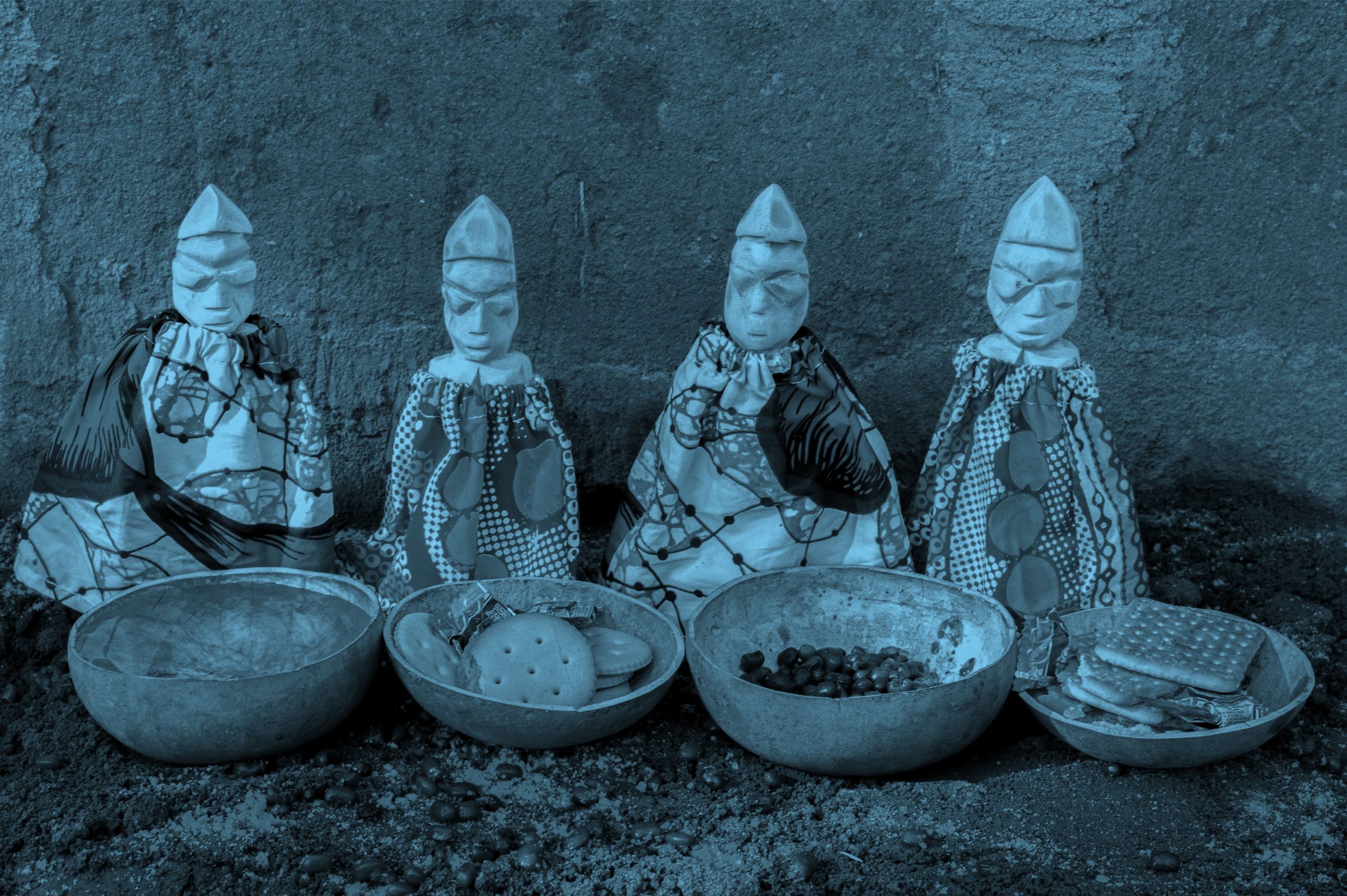
Breaking taboos
Most Nigerians are spiritual people and follow a religion. Fear of Juju or Vodun, a native religion in the West African region, is widespread. It is also taboo, to be avoided and not to be discussed. In Western culture it is often discarded as an irrelevant superstition. For many Nigerians it is very real and can throw anything out of balance at any time.
On the other hand, many Nigerians from the southern regions are devoted evangelical Christians. Their spirituality can be a valuable source of work ethic, motivation and dedication.
remote assistance
The program is supported by Eudora & Aegle, a human resource and business consulting firm in Nigeria and founding partner of AISIA. With the backing of Eudora & Aegle we are able to enrich our program with remote counselling and local support services regarding any personal need in the bilateral context of Germany and Nigeria.
training program
The training program in Germany is available on request. Different from the training program in Nigeria is that it adjusted for the intercultural context in Germany as well as the specific requirements for small businesses in Germany and the EU. It also is more focussed on specific industries and trades which offer strong perspectives.
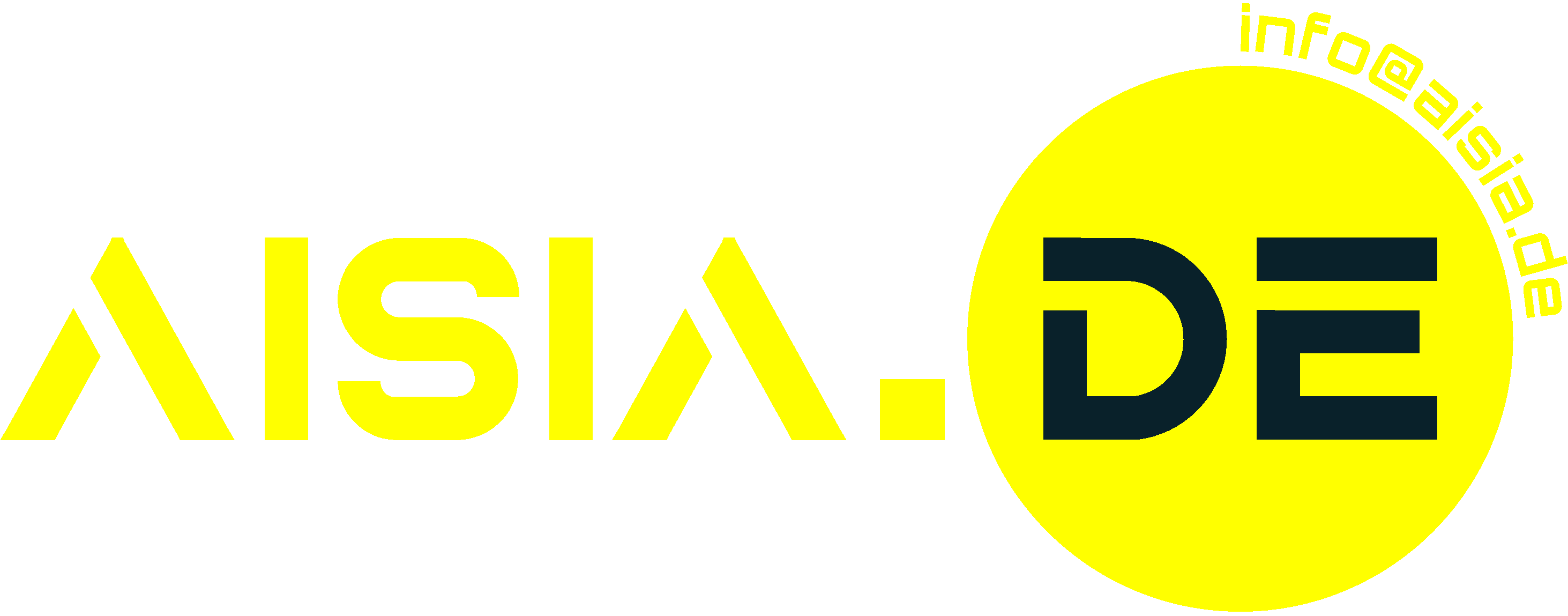
All rights reserved – Alle Rechte vorbehalten – Alle rechten voorbehouden – Tous droits réservés


